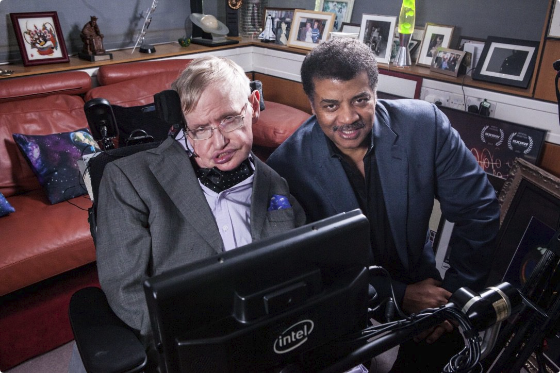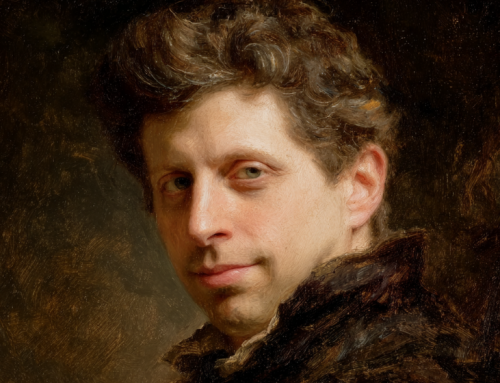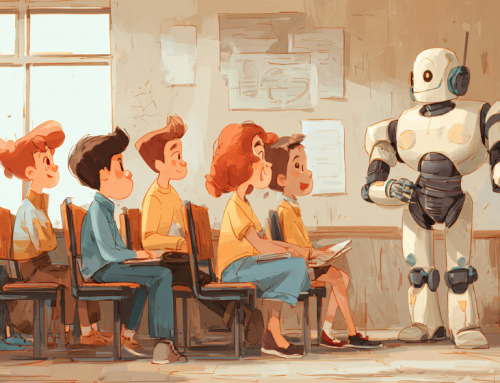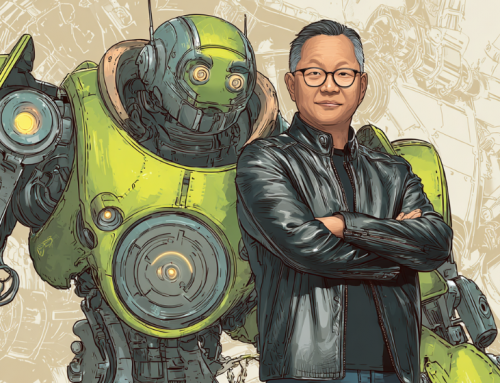Stephen Hawking, the brilliant scientist who wrote a bestselling book on quantum physics, died March 14 at age 76—outliving the typical lifespan of a person diagnosed with ALS by more than 50 years. Scientists and admirers from many disciplines saluted Hawking in all forms of communication, including social media, following news of his death.
His 1988 book, “A Brief History of Time,” sold more than 10 million copies, introducing the masses to concepts and theories such as black holes and the singularity. He was the subject of an Oscar-winning 2014 film about his early life, “The Theory of Everything,” played himself on The Simpsons TV show and was depicted on other animated TV series, such as “Family Guy” and “South Park.”
While he gained the most fame of any scientist in the modern era since Albert Einstein, Hawking used his celebrity over the last few years to raise alarms about the potential dangers of AI and climate change to the future of humanity.
In November of 2017, Hawking warned at a technology conference in Lisbon, Portugal, that we must be careful of the dangers of general AI or risk destroying civilization, which was reported by CNBC.
“Computers can, in theory, emulate human intelligence, and exceed it,” Hawking was quoted in a Newsweek story. “Success in creating effective AI, could be the biggest event in the history of our civilization. Or the worst. We just don’t know. So we cannot know if we will be infinitely helped by AI, or ignored by it and side-lined, or conceivably destroyed by it.”
Hawking said AI could be used to eliminate poverty and improve lives by transforming society—or it could be misused—as many are now saying is happening in China, which is using it to oppress any political opposition.
“AI could be the worst event in the history of our civilization. It brings dangers, like powerful autonomous weapons, or new ways for the few to oppress the many. It could bring great disruption to our economy,” he said in the Newsweek story.
In an interview with Wired UK on Nov. 28, Hawking cited Donald Trump as a menace to the future of humanity because of his decision to remove the United States from the Paris Treaty, possibly leading to the continuation of climate change. He also spoke out again about the potential damage AI could do to the future of civilization.
“The genie is out of the bottle,” Hawking said. “We need to move forward on artificial intelligence development but we also need to be mindful of its very real dangers. I fear that AI may replace humans altogether. If people design computer viruses, someone will design AI that replicates itself. This will be a new form of life that will outperform humans.”
Hawking’s fears may never come true, but at least he got the attention of AI developers, who should have taken note that the great Stephen Hawking issued a warning.
His passing has left an intellectual vacuum in his wake. But it's not empty. Think of it as a kind of vacuum energy permeating the fabric of spacetime that defies measure. Stephen Hawking, RIP 1942-2018. pic.twitter.com/nAanMySqkt
— Neil deGrasse Tyson (@neiltyson) March 14, 2018








Leave A Comment